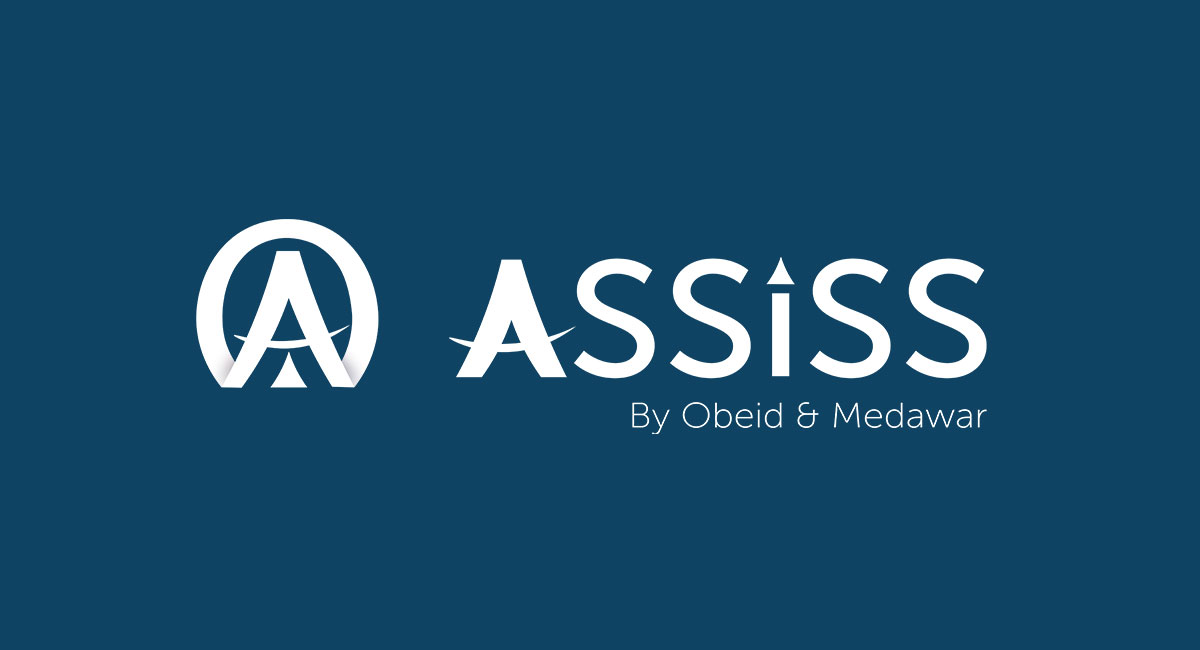
A Private Company Limited by Guarantee (LTG) is a distinct legal structure primarily designed for organizations that reinvest profits into the company instead of distributing them to shareholders. This framework is particularly favored by non-profit organizations, professional bodies, and membership associations, reflecting a strong commitment to mission-driven objectives.
The LTG model underscores the importance of financial sustainability while striving to make a positive societal impact. Organizations that choose this structure can align their legal and operational frameworks with their purpose-driven values, ensuring that their primary focus remains on achieving their broader goals rather than maximizing shareholder returns.
In the context of the Abu Dhabi Global Market (ADGM), the LTG structure offers unique advantages for entities operating within this jurisdiction. ADGM’s regulatory environment is designed to support a wide range of business activities, including those of non-profit and membership-based organizations. By leveraging the LTG framework, organizations in ADGM can benefit from a robust legal structure that promotes financial stability and supports long-term mission fulfillment.
Exploring the specifics of an LTG provides valuable insights into how legal frameworks can be harmonized with the strategic objectives of purpose-driven organizations. This examination highlights the critical role of LTGs in fostering sustainable growth and societal contributions within both local and global contexts.
Difference between Private Company Limited by Guarantee and Limited by Shares:
If you plan to keep profits for yourself (as a source of personal income), you should set up a company limited by shares. This is the most common type of limited company. However, if you plan to reinvest profits into the business to achieve non-profit objectives, it would be best to form a company limited by guarantee.
Use of LTGs
Private Companies Limited by Guarantee is used primarily for professional membership and industry associations or organizations that require legal personality, it is adopted for clubs and membership organizations, including students’ unions, residential property management companies, sports associations, co-operatives, other social enterprise, non-governmental organizations, and charities.
Business permitted activities of an LTG in ADGM
Activities of organizations whose members’ interests center on the development and prosperity of enterprises in a particular line of business or trade, including farming, or on the economic growth and climate of a particular geographical area without regard for the line of business.
Activities of organizations whose members’ interests center chiefly on a particular scientific discipline, professional practice or technical field, such as medical associations, legal associations, accounting associations, engineering associations, architects associations etc.
- activities of associations of specialists engaged in cultural activities, such as associations of writers, painters, performers of various kinds, journalists etc.
- dissemination of information, the establishment and supervision of standards of practice, representation before government agencies and public relations of professional organizations.
Activities of organizations furthering a public cause or issue by means of public education:
- citizens’ initiative
- environmental and ecological movements
- organizations supporting community and educational facilities n.e.c.
- organizations for the protection and betterment of special groups, e.g. ethnic and
- minority groups
- associations for patriotic purposes, including war veterans’ associations
- consumer associations
- automobile associations
- associations for the purpose of social acquaintanceship such as rotary clubs, lodges etc. • associations of youth, young persons’ associations, student associations, clubs and fraternities etc. • associations for the pursuit of a cultural or recreational activity or hobby (other than sports or games), e.g. poetry, literature and book clubs, historical clubs, gardening clubs, film and photo clubs, music and art clubs, craft and collectors’ clubs, social clubs, carnival clubs etc.
Choosing between a Private Company Limited by Guarantee and a Private Company Limited by Shares:
The decision between a Private Company Limited by Guarantee (LTG) and a Private Company Limited by Shares (CLS) revolves around the core purpose and profit strategy of the business. If the goal is to distribute profits among shareholders, a CLS is the preferred choice. This structure aligns with businesses focused on providing financial returns to investors based on their ownership stakes.
On the other hand, if the objective is to reinvest profits for non-profit purposes or specific social and community goals, the LTG is more suitable.
The decision-making process involves considering the business nature, its impact on society, and long-term goals. While CLS might attract investors seeking financial returns, LTG is better for entities prioritizing social or community benefits. The choice extends beyond profit considerations to legal and structural implications, as well as potential tax benefits that vary by jurisdiction. Ultimately, it’s a strategic decision aligning the chosen legal structure with the broader mission and vision of the business.
In conclusion, LTG is a flexible legal structure that offers numerous benefits for non-profit organizations, professional bodies, and membership associations. If you are considering setting up such an organization, it is essential to understand the key features and uses of LTG to determine if it is the right choice for you and to seek the advice of a professional company service provider.
Robert Keyrouz
CSP Associate
1/5/2024
For personalized guidance related to Private Companies Limited by Guarantee , please do not hesitate to contact our team by sending an email to assiss@assiss.com
DISCLAIMER: This blog post does not constitute professional advice. Additional facts or future developments may affect the content of this blog post. Before acting or relying upon any information within this document, please seek the advice of a member of our team.
